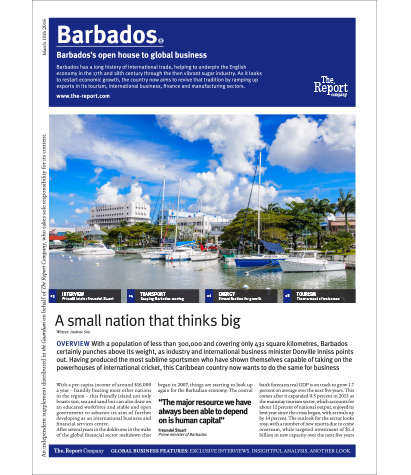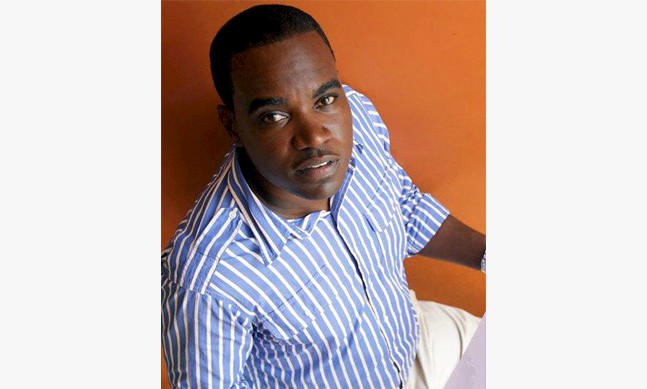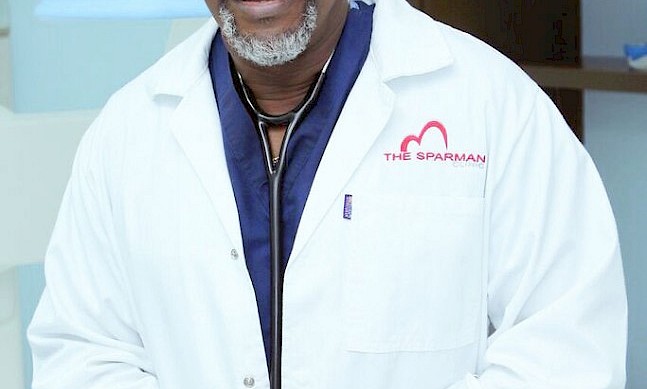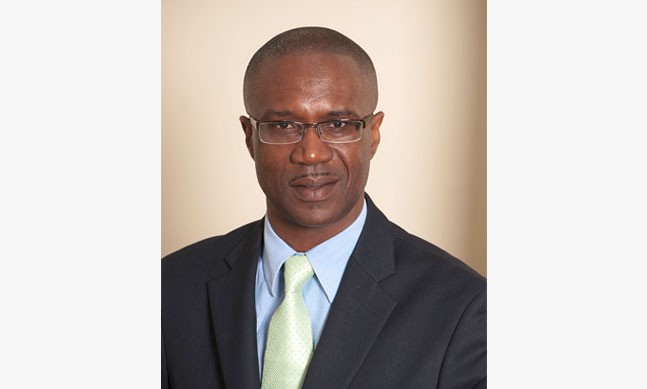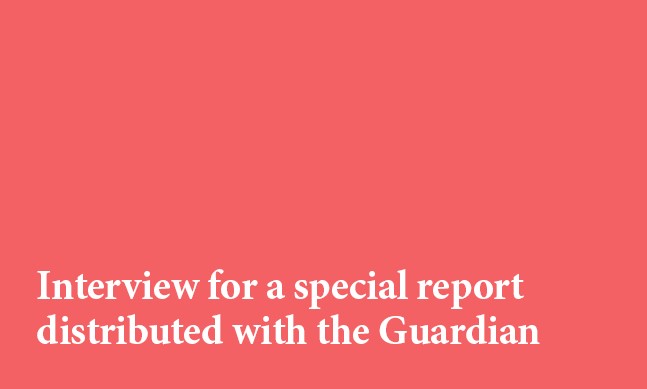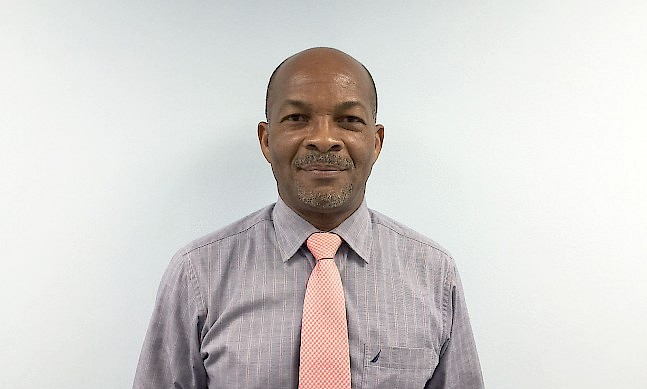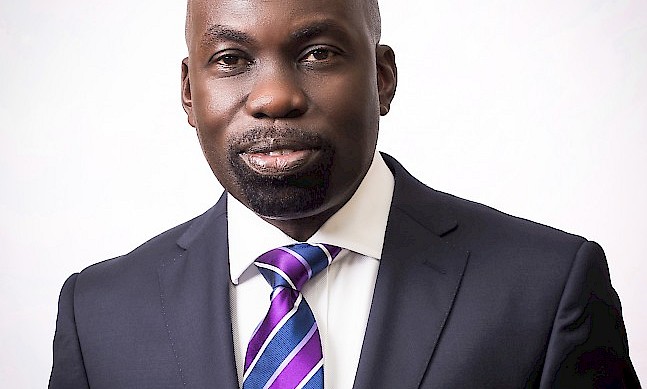 Photo: BADMC
Photo: BADMC
The Barbados Agricultural Development and Marketing Corporation works to empower farmers to develop sustainable agricultural enterprise by catalysing non-sugar agribusiness in the island nation. Shawn Tudor, who leads the organisation, spoke to The Report Company about the progress so far.
The Report Company: What is the current economic backdrop to your work?
Shawn Tudor: Barbados is a country which has first-world facilities and amenities, along with the things that you would typically associate with a tropical paradise. It’s a great combination of the two. We are classified as a high-income country, but that also brings challenges. You would be surprised at what a significant effect the financial crisis had on Barbados. Sixty percent of our corporate taxes came from the offshore sector, so the crisis severely compromised the government’s revenues. We are a country that provides a lot of services; there is free education all the way up to university, there is a free healthcare system just like the NHS in London, and there are lots of government services and agencies and entities and these all require financing.
In addition to that, prior to 2008, food and commodity prices were lower so we were happy to import. After 2008, the approach in the country changed almost overnight. Huge pressure was put on this government agency to provide food security. Government investment is a significant part of the economy, and government-led agencies make a big difference. They are very complimentary to the private sector, and as a matter of fact, a lot of times they are ahead of the private sector. We had a situation where the government was focusing on fiscal consolidation which it had to do in order to defend the currency peg, and so it was constrained in terms of having the agencies do the development work in the economy. Against that backdrop, we had to renew our focus on food innovation, food security and food production in the country. There is now a clear focus. Our import bill continues to rise. We are producing more, but the import bill continues to rise.
“We have an indigenous population in Barbados of 270,000 people, but we get 600,000 tourist arrivals and another 600,000 from the cruise liners, so there is a significantly greater demand for food than you would think”Tweet This
TRC: What role does agriculture play in the overall economic development of the country?
ST: It plays a huge role. Agricultural production in Barbados has remained stable over the years. We know that sugar has been in decline. We have gone from over 150,000 tonnes of sugar in the mid-1980s way down to 20,000 now, and that is because we no longer have preferential terms from the Europeans. Where we have grown significantly is in the poultry industry. We are completely self-sufficient in fresh poultry, as well as in fresh pork products. We still import hams and processed meats. The agricultural sector is at the place now where it can take a huge amount of investment, and there is still so much to go before you can say that we have reached as far as we can go. There is huge opportunity.
Despite the stable production, food imports for this country are rising. We have an indigenous population in Barbados of 270,000 people, but we get 600,000 tourist arrivals and another 600,000 from the cruise liners, so there is a significantly greater demand for food than you would think from just looking at the size of the population.
The time is right for the agricultural sector for investment and for increasing production, and the government currently has a significant focus on this.
TRC: What are your priorities for the sector?
ST: We need to play a greater role in coordination. The sector is made up of many smallholders, and if you are going to look at value addition, you need some coordination in the production. We are providing services to move the farmers towards a more high-tech approach to producing.
We are also looking at the agribusiness side. There are a number of activities that we have already begun in that respect, in terms of understanding the market demand. We have implemented a system which allows us to capture data on crop yields and current cultivation so that we can determine future crop yields. That is a system that we are now working to refine and expand so that it can be used in combination with historical data related to the prices both wholesale and retail for those crops, so that we can help farmers to understand and to determine what they should plant, when they should plant it and how much they should plant.
We are trying to build capacity to educate farmers on how to run their farms as commercial enterprises. We have worked with several partners, including the FAO, in educating farmers on contract farming and the whole idea of building a relationship with and making a commitment to potential buyers. We are also looking at the crops that can be expanded at an industrial level in Barbados, and to that end we have been working in collaboration with the ministry of agriculture as well as the FAO and private sector stakeholders. We aim to create some value chain opportunities both for small farmers as well as plantations here in Barbados.
We have already started looking at new ways to use cassava in food products, and making it possible for food manufacturers to access cassava in the primary product form whether it is graded or flour, that they can use within their own products. We started with a bakery firm in September, and they put 300 loaves of bread in their front shops. By the end of January, there will be 3,000 loaves available in the two biggest supermarket chains in Barbados. We are therefore addressing getting that product to the consumer in a format they can utilise and eventually use on an ongoing basis. So we have cassava bread, we are also looking at export opportunities, such as a cassava flour project. I am sure that over time we will identify other crops that can create value chain opportunities for farmers and for primary processers.
TRC: What does the ‘Made in Barbados’ brand mean to you and how would you like to see it develop?
ST: We have spent lots of time looking at the Barbados brand. Obviously, Barbados has a storied history because of its relationship with England. Being a former colony, I would like to think that Barbados has retained the best of its history, but I think the brand has to evolve to more than just sugar and sea and sand, and currently Rihanna. The Barbados brand has to evolve to mean quality, ingenuity and innovation; those are the places we need to go. Certainly in Barbados, because of our history, we have to some extent rested on our laurels. I think there is a new opportunity that has been created by the economic crisis in that we are now seeing the value of taking all of this pent-up potential in Barbadians, their talent, their interest, their artistry, and combining that with a sense of ingenuity, innovation, and creativity. That is what I would like to see the Barbados brand become, we have done a lot but there is much farther that we can go.
“Britain has fabulous food production, food handling and food labelling companies, and that area of value addition is very much available and open and untapped here”Tweet This
TRC: What opportunities do you see coming out of the UK-Barbados relationship?
ST: There are two distinct opportunities in relation to the agricultural sector. We are self-sufficient in poultry, but we don’t do the breaded chicken and so on, so there is a huge opportunity there for companies who want to invest in value addition in those kind of products. There are huge opportunities available for the manufacture of products, the distribution of the duty-free products that we are innovating here, and in the sorbet, the ice cream, the gluten and dairy-free products, there are opportunities for licensing and manufacturing.
At the agricultural production level, there are opportunities in the renewable energy sector, because there are large rebates available in the agricultural sector for this. Britain has fabulous food production, food handling and food labelling companies, and that area of value addition is very much available and open and untapped here. With the cruise liners, you also have food packaging and the food handling, so there is a lot of opportunity for international companies to come along and get involved. The tax incentives are very good and we have a good relationship with the UK. There are also the bilateral treaties which allow companies to make a return on their investment, because you don’t end up in a double tax situation. We also have sufficient provisions for data sharing so as to scale the hurdle of transparency and legitimacy and so on.
TRC: What would you like people to understand about the BADMC?
ST: What you have here in the BADMC is a government agency which is leading the way in terms of innovation. We have created here an environment where innovation is encouraged, and we have created a can-do feeling. We have a clear path to sustainability, even as a development agency, and we have the appropriate legislation for foreign direct investment. Our country is ready for investment in agriculture because our focus is on food security, food production, food manufacturing, and value addition.
TRC: What would you personally like to achieve?
ST: What I have personally brought to this organisation is empowerment for people to be able to innovate. We have given them the ‘can-do’ and ‘yes we can’ mindset. What I would love to see is our agricultural production become more coordinated with higher levels of production, a more scientific approach to production, and a link to the value addition and the food production sector.
